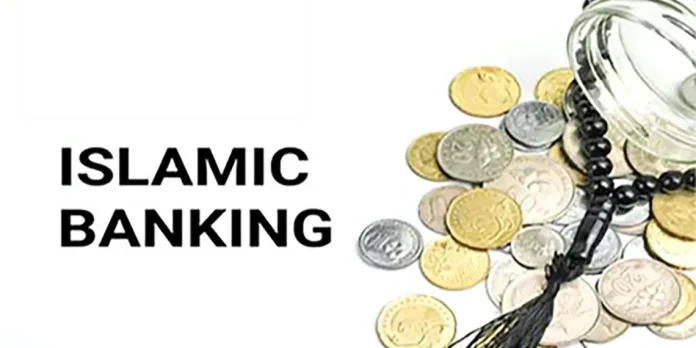Ghana’s premier financial training institution is gearing up to introduce Islamic banking education programs next year, anticipating the central bank’s plans to introduce Sharia-compliant financial services to the market.
The National Banking College announced it will begin offering specialized training in Islamic finance principles, positioning itself ahead of expected regulatory changes that could reshape Ghana’s banking landscape.
Principal Gloria Darline Quartey revealed the college’s proactive approach during the institution’s annual general meeting. She emphasized that waiting for Islamic banking to launch officially would put Ghana at a disadvantage in developing necessary expertise.
“We won’t wait for it to start in full before we begin looking in that direction,” Quartey explained. The college has already begun research and curriculum development to ensure bankers are prepared when Islamic banking services become available.
Currently, no commercial bank in Ghana offers Islamic banking products, which operate according to Sharia principles that prohibit interest-based transactions. Instead, these services use profit-sharing, asset-backed financing, and other structures that comply with Islamic law.
The Bank of Ghana is developing regulatory frameworks to accommodate Islamic finance as part of efforts to create a more inclusive financial system. This could open new market segments, particularly among Ghana’s Muslim population and international Islamic investors.
Islamic banking has demonstrated significant success in countries like Malaysia, the United Arab Emirates, and the United Kingdom. These markets show how Sharia-compliant services can coexist with conventional banking while serving specific customer needs.
The National Banking College’s initiative reflects recognition that human capital development must precede market launch. Training bankers in Islamic finance principles, products, and compliance requirements will be essential for successful implementation.
Industry observers believe early preparation could give Ghanaian banks competitive advantages when Islamic banking becomes available. Institutions with trained staff and developed expertise would be better positioned to capture market share quickly.
The move also aligns with broader financial inclusion goals. Islamic banking principles emphasize risk-sharing and asset-backed financing, which could appeal to customers who prefer alternatives to conventional interest-based products.
For Ghana’s financial sector, Islamic banking represents potential diversification of services and revenue sources. Banks could tap into previously underserved customer segments while attracting international Islamic finance institutions.
However, successful Islamic banking requires more than regulatory approval. Banks need specialized staff, compliant products, and Sharia advisory boards to ensure services meet religious requirements while remaining commercially viable.
The National Banking College’s curriculum development will likely cover Islamic finance fundamentals, product structures, risk management, and regulatory compliance. This comprehensive approach should prepare graduates for various roles in Islamic banking operations.
Training programs will need to address unique aspects of Islamic finance, including profit-and-loss sharing contracts, asset-based financing, and prohibition of speculative transactions. These concepts differ significantly from conventional banking practices.
The college’s proactive stance reinforces its position as Ghana’s leading financial education provider. By anticipating industry developments, it demonstrates commitment to keeping the banking workforce prepared for evolving market conditions.
Ghana joins several African countries exploring Islamic banking as governments seek to expand financial inclusion and attract Middle Eastern investment. Countries like Nigeria, Kenya, and South Africa have already introduced various forms of Islamic finance.
The initiative could also support Ghana’s broader economic goals by attracting Islamic development financing and fostering partnerships with Middle Eastern financial institutions that prioritize Sharia-compliant investments.
Source: newsghana.com.gh











